Estimated reading time: 4 minutes
The rising opposition to electric vehicle (EV) mandates and other environmental regulations could significantly influence the upcoming presidential and U.S. Senate races, especially among summertime automobile enthusiasts.
Biden’s Strategy to Address Fuel Prices
Recent polls indicate that public resistance to EV mandates is growing, prompting the Biden administration to take measures to mitigate fuel prices. To this end, the administration plans to release one million barrels of gasoline from an energy reserve in New England during the summer driving season, coinciding with the November elections.
However, considering the East Coast’s daily consumption of over three million barrels of gasoline last June, this additional one million barrels may not substantially impact prices. Furthermore, utilizing the reserve could expose the region to cyberattacks, as seen in the 2021 Colonial Pipeline ransomware incident that disrupted energy supplies in the southeast.
Consumer Sentiments and Holiday Travel
Despite the absence of cyber threats, President Joe Biden’s energy policies are already affecting consumers who rely on affordable and dependable energy, especially those driving conventional gas-powered vehicles. The American Automobile Association (AAA) anticipates nearly 50 million people will travel 50 miles or more from their homes to celebrate Independence Day between June 30 and July 4, a 3.7% increase from 2021, nearing pre-pandemic travel volumes. Of these travelers, 42 million Americans are expected to hit the roads.
The Push for Electric Vehicles
President Biden and California Governor Gavin Newsom continue to champion EV mandates despite challenges such as the scarcity of charging stations, limited range, high costs, and dependency on foreign supply chains, particularly from China. The Biden administration’s Environmental Protection Agency finalized a tailpipe emissions rule in March to compel automakers to produce more EVs, while California’s Air Resources Board advances a “zero emissions” rule to meet Newsom’s climate goals.
This collaboration aims to achieve zero emissions for vehicles by 2035, likely reducing consumer choice and increasing costs. Despite significant subsidies and regulatory measures favoring EVs, they only account for about 1% of the 290 million vehicles in the U.S. today, and EV costs continue to rise.
The Cost of Owning Electric Vehicles
Studies reveal that, on average, EVs are more expensive to own and operate than their gas-powered counterparts. This raises the question of how consumers should respond to the regulatory pressure.
The Save Our Cars Coalition
The “Save Our Cars Coalition,” comprising 31 national and state organizations, advocates for consumers’ right to choose vehicles that best suit their needs. Tom Pyle, president of the Institute for Energy Research, a coalition member supporting free-market energy policies, views cars as essential to American life. He describes the Biden-Newsom regulations as “an assault on American freedom.”
“In a nation as expansive as the United States, cars are not merely vehicles; they are integral to the American way of life,” Pyle asserts. “They play a pivotal role in our daily lives, especially in suburban and rural areas. This modern-day prohibition would outlaw gasoline-powered cars and trucks that have provided unprecedented personal mobility.”
Political Implications of EV Mandates
The coalition is strategically positioned to make EV mandates a significant campaign issue in regions where the affordability and practicality of long-distance vehicles matter to voters. States adopting California-style regulations may inadvertently strengthen the coalition’s stance.
Conversely, states rejecting California’s emissions standards could become unexpectedly competitive in the presidential race. Virginia Governor Glenn Youngkin, a Republican, announced plans to terminate California’s EV mandate in his state by the end of the year.
Although Virginia has not supported a Republican presidential candidate since George W. Bush in 2004, current polls show Biden and Donald Trump in a close race, with Trump opposing Biden’s EV mandates.
State-by-State Reactions to EV Policies
New Jersey Governor Phil Murphy, a Democrat, is pushing forward with a California-like mandate requiring all new car sales to be electric by 2035. However, polls indicate that New Jersey residents are not enthusiastic about this policy, with more than half stating they are unlikely to buy an electric car despite the mandates.
Although New Jersey has not voted for a Republican presidential candidate since 1988, recent polls show Biden leading Trump by only seven points. The state’s significant number of unaffiliated voters could be pivotal in tight races, as evidenced by Murphy’s narrow re-election victory over Republican Jack Ciattarelli. Trump’s massive rally in Wildwood, N.J., attracting over 100,000 people, also signals a potentially competitive election.
The Battle for Pennsylvania
Pennsylvania is another critical state where Trump currently leads Biden in polls. The state also features a competitive U.S. Senate race between Democratic incumbent Sen. Robert Casey Jr. and Republican challenger Dave McCormick. With Trump leading and McCormick gaining ground, candidates advocating for the “Save Our Cars” movement could gain significant traction.
In conclusion, the growing opposition to EV mandates and the broader energy policies of the Biden administration could play a crucial role in the upcoming elections, affecting voter sentiment and potentially shifting the political landscape.



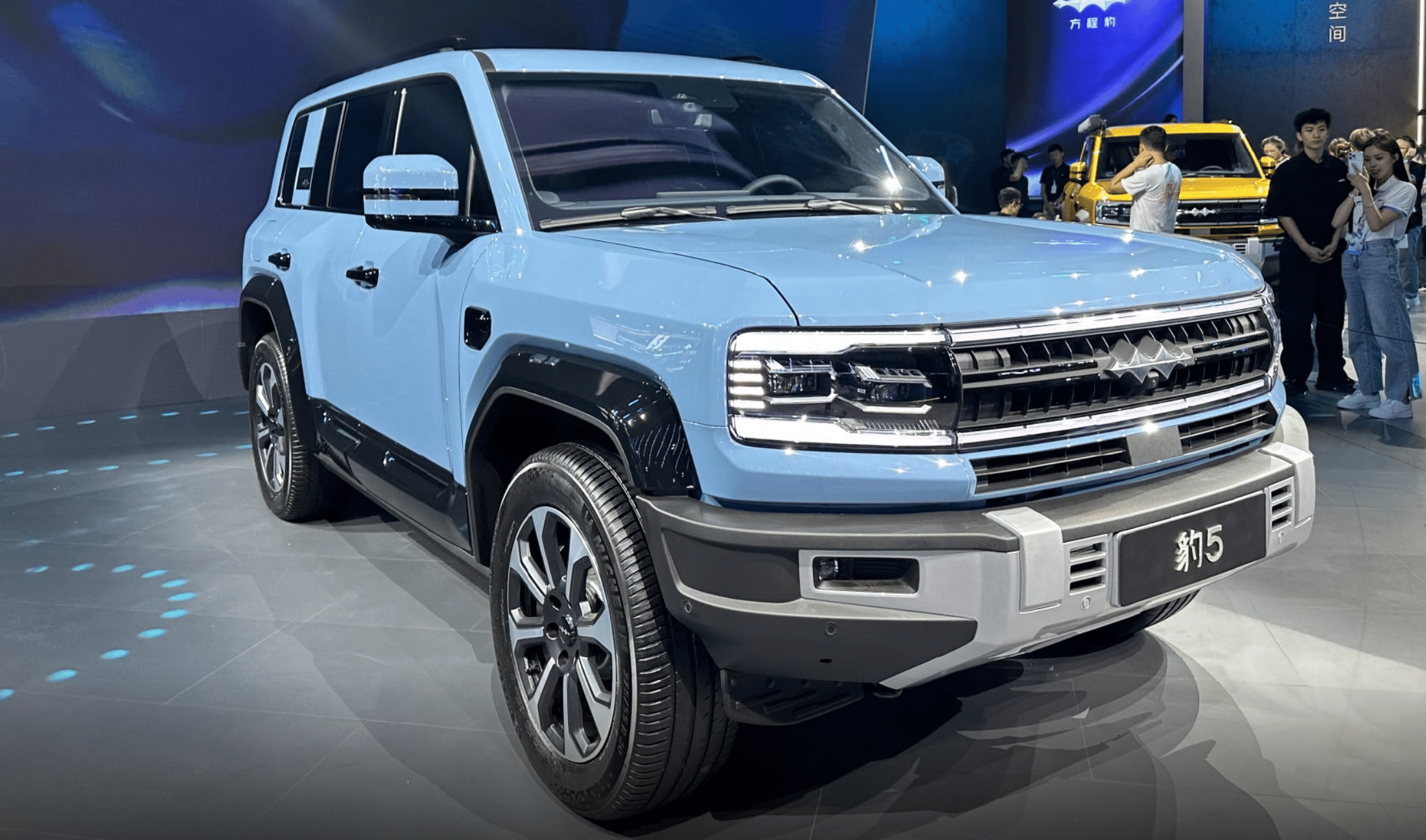
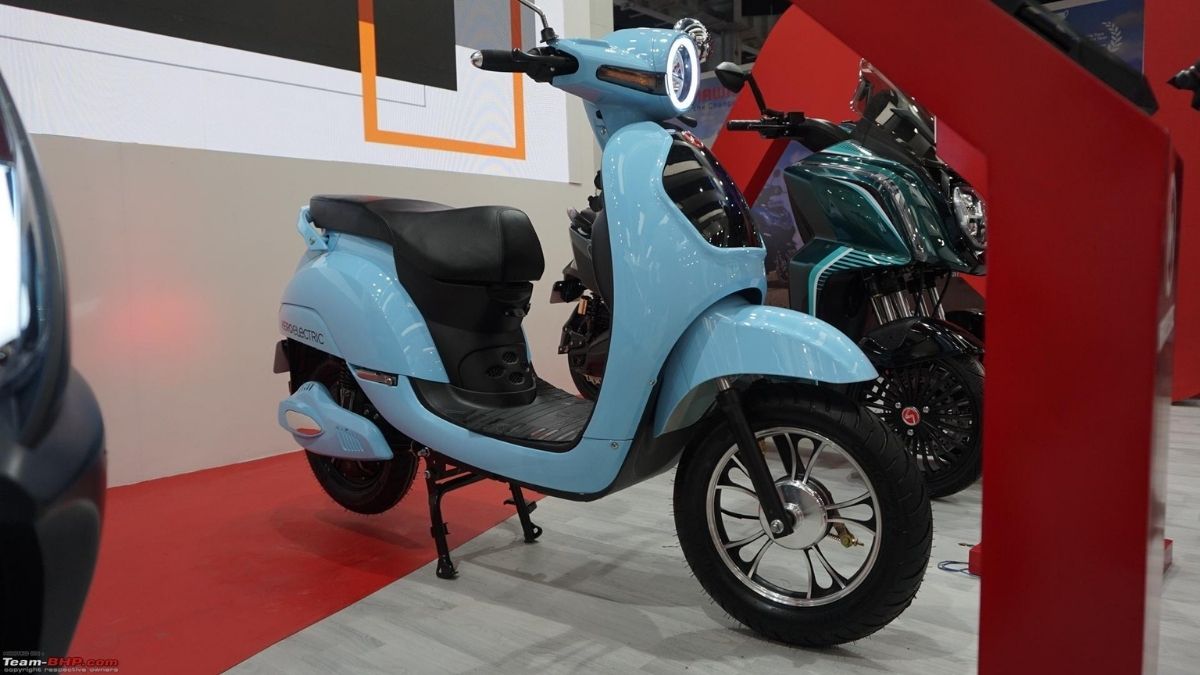
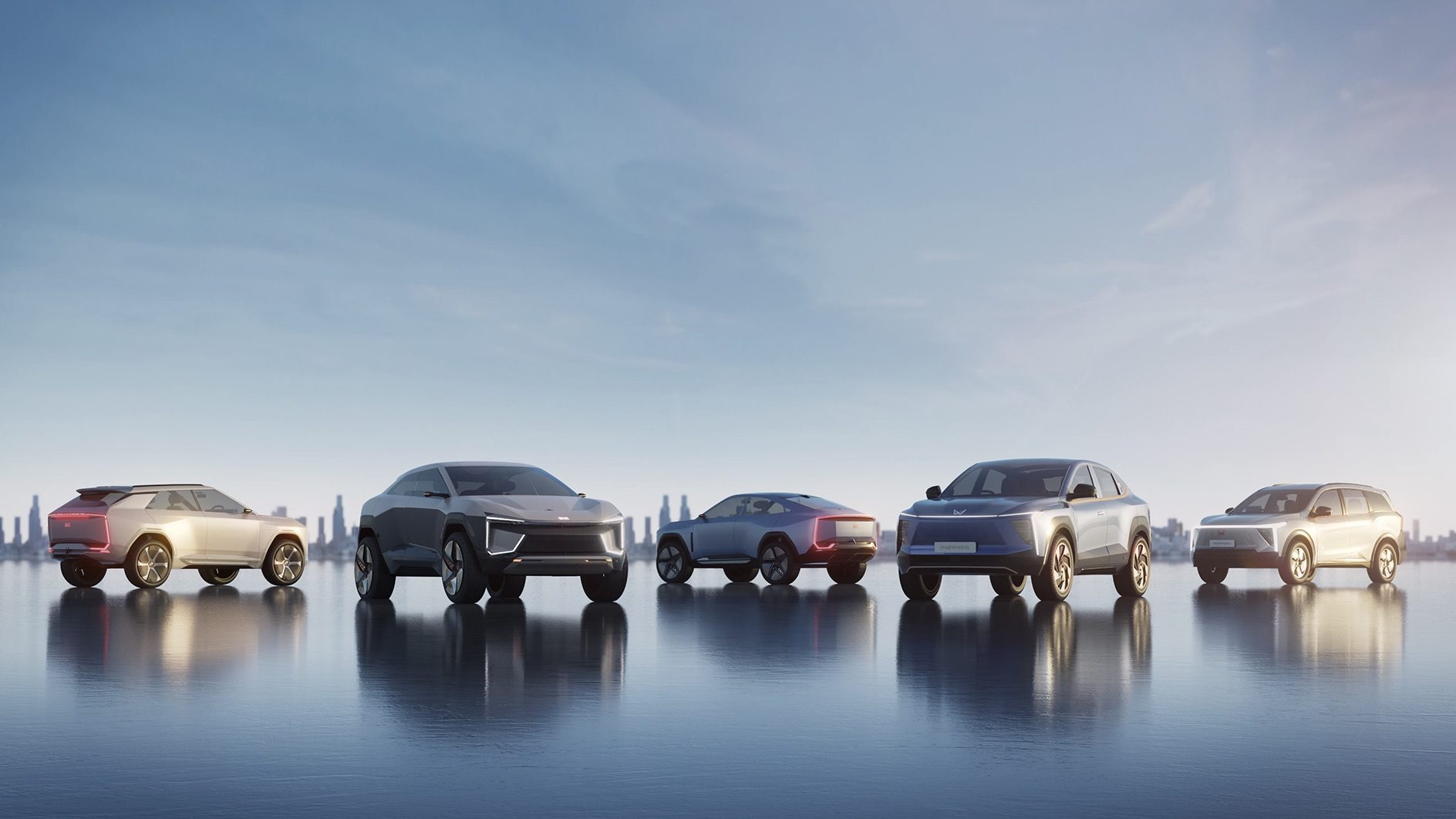




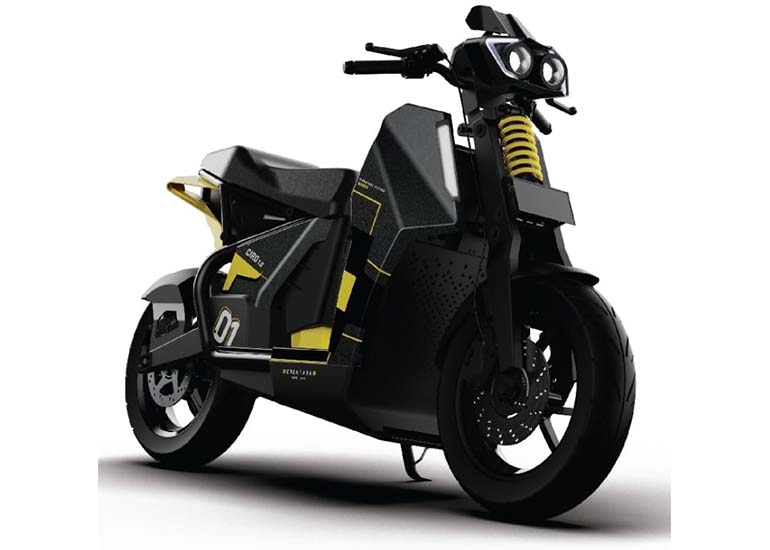
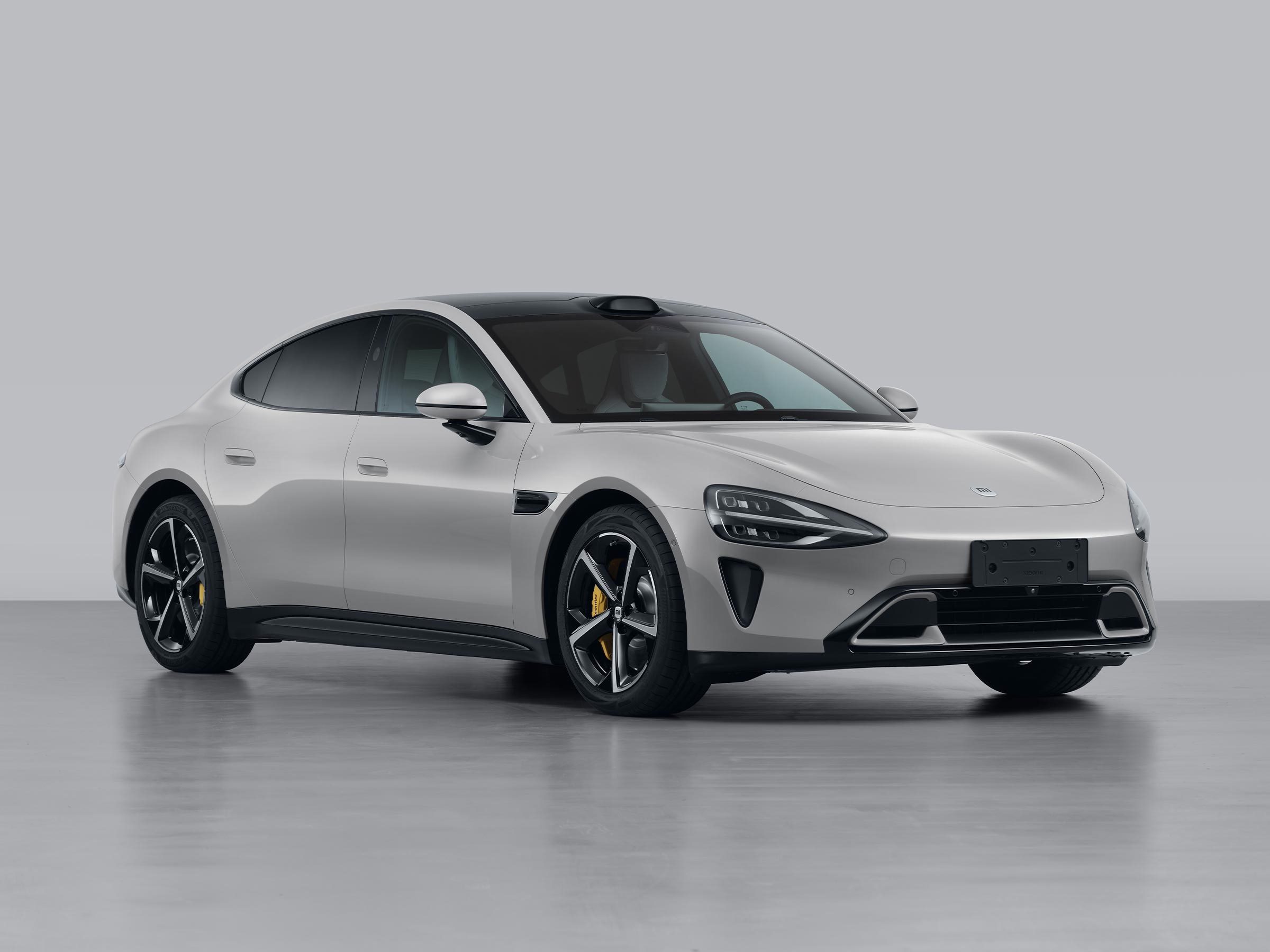


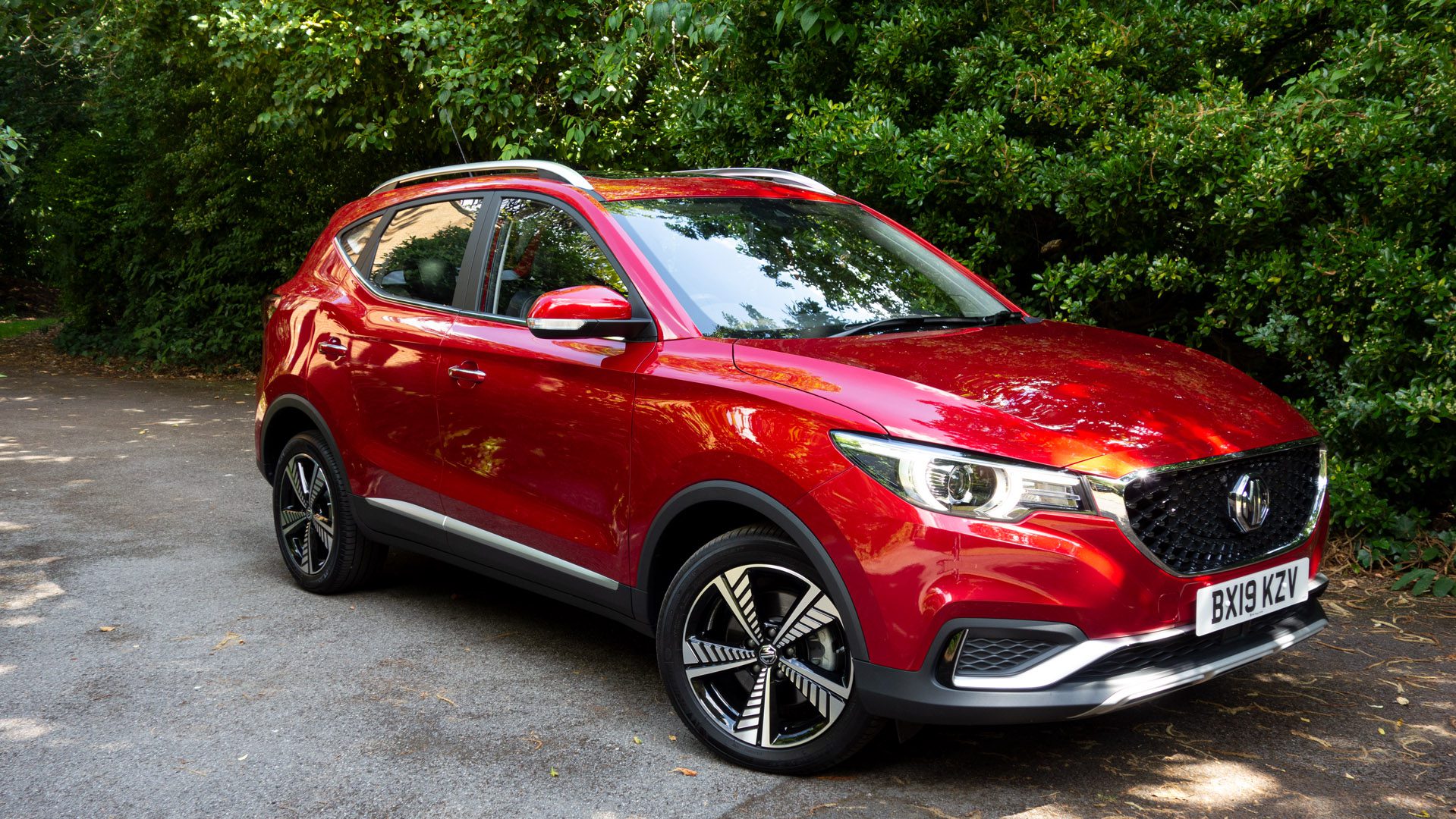






Leave feedback about this